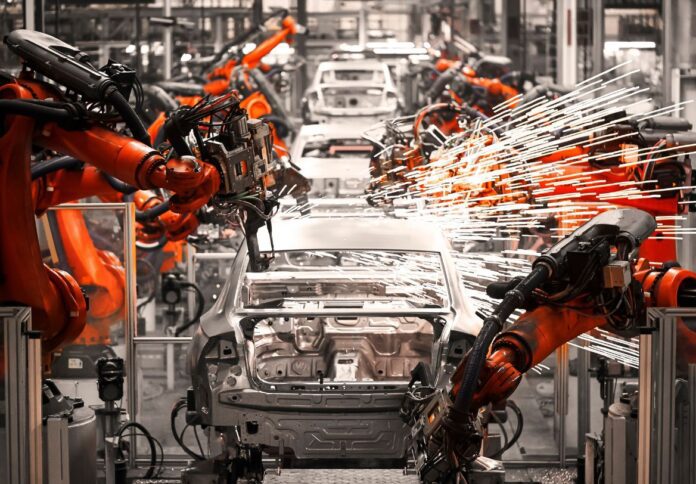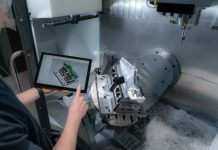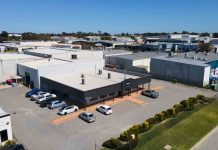
December has seen a further decline in output for US private sector firms, according to the latest flash PMI data from S&P Global.
The Flash US PMI Composite Output Index reported a 44.6 rating in December, down from November’s 46.4, indicating the joint-fastest decline in market activity for over two-and-a-half years as 2022 was brought to a conclusion.
The downturn marks the joint-sharpest since 2009, excluding the initial months in the wake of the pandemic.
S&P Global said the fall was driven by a quicker decrease in new business across the private sector. Pressure on balance sheets led to a strong decline in new orders and one that was the fastest since May 2020.
Furthermore, new orders in the US manufacturing sector slumped significantly compared to their service sector counterparts.
However, while total new export orders contracted further for a seventh consecutive month, the rate of decline was moderated.
On top of lower new order inflows, private sector hiring remained subdued in December, with employment rising marginally as manufactured signalled broadly unchanged workforce numbers on the month.
Business confidence also saw its lowest rating over the last two years, despite business anticipating higher output over the coming year.
Higher borrowing costs, inflation and a broad economic slowdown dampened optimism among business leaders, S&P reported.
“The upside is that weaker demand has taken pressure off supply chains which had been stretched during the pandemic. December saw a second successive month of faster supplier delivery times, a phenomenon which not only signals improving supply conditions but also tends to herald the shifting of pricing power away from the seller towards the buyer,” said Chris Williamson, chief business economist at S&P Global Market Intelligence.
“In short, the survey data suggest that Fed rate hikes are having the desired effect on inflation, but that the economic cost is building and recession risks are consequently mounting,” he added.


















